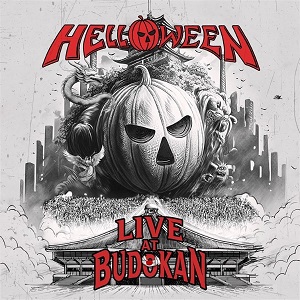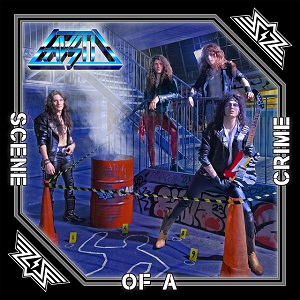What To Know About Juvenile Crimes
March 16, 2021, 3 years ago

Some children can be naughty. There is a big difference between a minor who is misbehaving and a juvenile crime. A minor commits a crime when they cross the line into what is deemed to be criminal behavior by law. There are more reports of juvenile crimes and juvenile delinquency than ever before. If someone is convicted of a juvenile crime, they will need the help of a juvenile crimes lawyer for their criminal defense.
What is a juvenile crime?
A juveniles is someone under the age of 18, and in a couple of states, a juvenile is someone under the age of 17. When a juvenile commits an offense against the law, they are then called a juvenile offender. There is both a juvenile offender system and the federal crimes system. Juvenile crimes are treated differently, and the juvenile system is a lot more focused on rehabilitating juveniles so that they do not become repeat offenders.
What are some examples of juvenile crimes?
It is quite essential for all to keep in mind that the juvenile system will vary from state to state. There is a list of crimes for which a juvenile may be brought to juvenile court, and some of them include:
● Graffiti – The number of incidences of graffiti among youth has increased and what they can see as just an expression of their creativity or a harmless prank is a form of vandalism. There are other forms of vandalism, including defacing commercial property, throwing rocks at windows, or throwing eggs or bricks at cars. Some minors will think it is just a fun prank and want to participate to be a part of their friend's group. However, graffiti and other forms of vandalism are criminal offences.
● Possession of alcohol – A common juvenile crime these days is the possession of alcohol. If the person is below the legal age limit to consume alcohol, they can be prosecuted for possessing or consuming alcohol. Juveniles have also been charged with giving alcohol to other minors, driving under the influence of alcohol, or soliciting someone to buy alcohol for them. Most states will treat alcohol-related crimes seriously.
● Theft – Another common juvenile crime is theft. This is usually the theft of items from a business, for example, stealing from a shopping mall. The crime of theft can also be stealing from another person. A minor may steal a car. The charges will depend on the value of the items stolen and whether the person is a repeat offender. Normally, the court may order the person to provide restitution and pay back the items stolen.
● Possessing drugs – Drug possession is not just about having prescription painkillers but also about a minor being caught with marijuana, meth, or cocaine. More juveniles these days will not only be found with drugs but also charged with selling them. Drug possession is a serious crime and will need an attorney to help defend the charges.
● Carrying a weapon – Another common crime among juveniles is weapon possession, and this is quite serious. The weapon can be a gun, knife, explosives, or ammunition. Each state will have specific laws on how they handle possession of a weapon by a juvenile. For example, in some states, it is okay for a 16-year old to have a BB gun, whereas it would be against the law in another state.
● Driving without a license – It is possible for a juvenile to be charged with driving without a license. They can be under the legal age limit to have a license and still be pulled over. The laws in each state are strict about driving without a license.
Some other examples of juvenile offenses include h*micide, assault, r*pe, kidnapping, forced confinement, and truancy. It is possible to have a crime by a juvenile treated as an adult criminal offense, for example, crimes such as r*pe and h*micide. These are considered serious crimes within the adult legal system.
How can a criminal defense lawyer help?
Anyone who is facing the possibility of being charged with a juvenile crime or who has already been charged should speak to a criminal defense lawyer. They will be able to help the minor and their family navigate the juvenile court system. Having an attorney is absolutely necessary for a juvenile who is being charged as an adult in the legal system.











